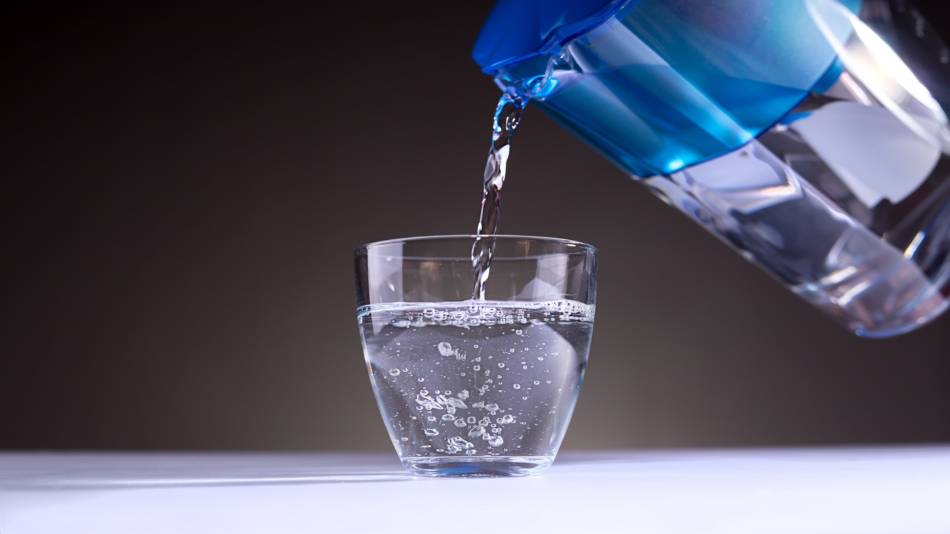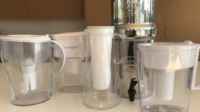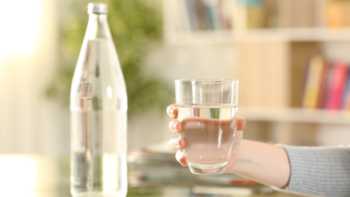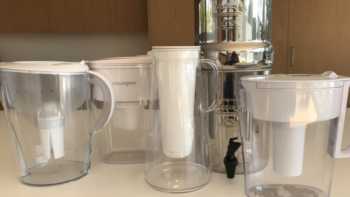
Answer:
As discussed in ConsumerLab's Water Filter Pitchers Review, plastic pollution in drinking water is a growing concern. Recent studies have found much of the world's tap and bottled water to be contaminated with small bits of plastic known as microplastics. For example, a study of tap water samples from 14 countries including the U.S. found man-made particles in 81% of the samples tested, and the annual intake per person of microplastic from tap water was estimated to be 4,400 to 5,800 particles. Water samples contained an average of 5.45 particles (fibers and fragments, although mostly fibers) per liter — but samples from the U.S. had the highest average for any for any country -- 9.24 particles per liter. When these water samples went through a filter that could remove particles as small as 2.5 microns, 41.5% of the samples were still contaminated (Kosuth, PLoS One 2018).
ConsumerLab's tests of popular countertop water filter pitchers found there was wide variation in their ability to remove microplastics from tap water. The tests showed one water filter removed all detectable microplastic particles, while two others reduced particles by 80% and 36%, respectively. Surprisingly, one pitcher increased the number of microplastic particles per liter of water to 437.4 particles — a 1,206% increase.
See the results, including how well the pitchers filtered other substances, such as toxic heavy metals, chlorine and dissolved solids (which can affect taste), and CL's Top Pick, in the Water Filter Pitchers Review.
Also, be aware that tap water is not the only source of microplastics you may ingest. The total annual consumption of microplastics per person, from all food and water, is estimated to be between 39,000 to 52,000 particles. Bottled water generally contains more microplastic than tap water; if one were to drink only bottled water, this could contribute an additional 90,000 particles per year (Cox, Environ Sci Technol 2019). (For more about bottled water and microplastics found by brand, see our related answer.)
Join today to unlock all member benefits including full access to all CL Answers and over 1,400 reviews.
Join NowAlready a member? Sign In Here.
Join now at www.consumerlab.com/join/









Submit your comment
This feature is restricted to active members.
Join now to add comments and get all member benefits, including over 1,400 reviews.
Join NowAlready a member? Sign in here.